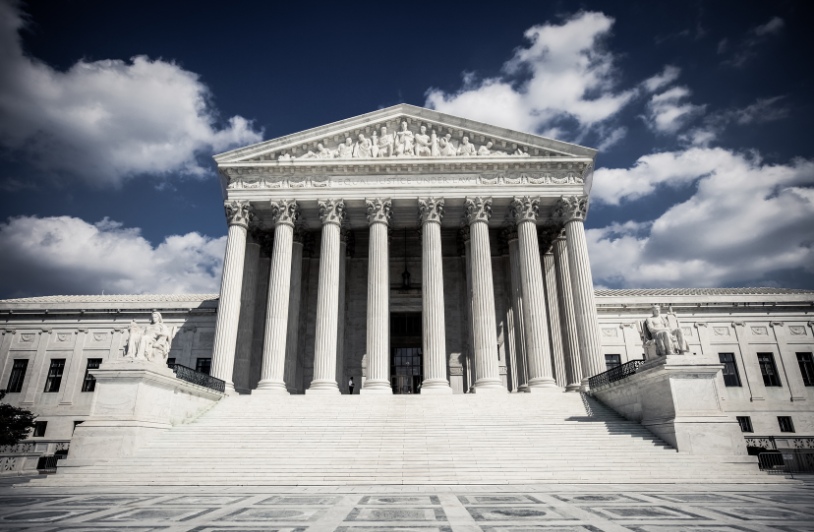SCOTUS Says Universities in Violation of Constitution’s Equal Protection Clause
In a controversial decision early Thursday, the Supreme Court ended affirmative action in college and university admissions decisions — something said to have been used to promote racial diversity — deeming it as unconstitutional.
The announcement came after a 6-3 vote, with claims that institutions such as Harvard and University of North Carolina were in violation of the Constitution’s equal protection clause by following affirmative action processes.
Now, colleges and universities can only take into consideration the way that race has helped to shape individuals and impacted their life. Selection based upon somebody’s race, even with hopes to promote diversity, ultimately leading to admittance, can no longer occur — something Chief Justice John G. Roberts Jr. noted as “unlawful.”
This decision is likely to impact thousands of colleges and universities countrywide, who will now be in desperate need to change their criteria and basis for admitting students of races other than white.
It comes as no surprise with a conservative majority Supreme Court, however, there has been clear disapproval from the left leaning justices, such as Sonia Sotomayor, claiming that the decision “subverts the constitutional guarantee of equal protection by further entrenching racial inequality in education, the very foundation of our democratic government and pluralistic society.”
In a press release after the ruling, President Biden emphasized that discrimination is still very present within America, and today’s decision cannot take away from that. In regards to the justices in favor of voting the act unconstitutional, he said that, “this is not a normal court.”
“What I propose for consideration is a new standard for colleges taking into account the adversity a student has overcome when selecting among qualified candidates,” said President Biden.
Harvard’s leadership released a statement addressing the Supreme Court’s decision, saying, “For almost a decade, Harvard has vigorously defended an admissions system that, as two federal courts ruled, fully complied with longstanding precedent. In the weeks and months ahead, drawing on the talent and expertise of our Harvard community, we will determine how to preserve, consistent with the Court’s new precedent, our essential values.”
The decision has sparked outrage, although many higher education institutions, such as Detroit’s Wayne State University, are still determined to give opportunity to those with underserved backgrounds. In an email with DCReport, university President M. Roy Wilson said:
“Wayne State has always been a university of excellence and opportunity, and we will continue this important mission. Our institution has worked hard within the law to ensure access and opportunity to deserving students from underserved backgrounds since 2006 when the state of Michigan banned the use of race in admissions. This has made Wayne State a leader in social mobility, which benefits our students, our graduates, and our state.”
The outcome of this vote is likely to decrease the amount of Black and hispanic students at prestigious institutions.
CONSIDER A DONATION TO EMPOWER OUR NONPROFIT NEWSROOM. THANK YOU!





